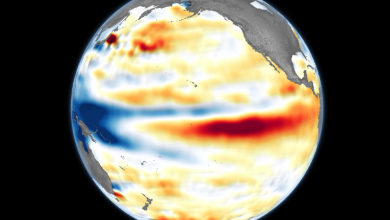Climate change and human health: the risk had never than this high

It’s high time humanity acknowledged that the climate crisis is also a health crisis. Fluctuations in the environment due to several anthropogenic activities are taking a toll on both our mental and physical health. In fact, the risk had never been this high.
Beyond the immediate fatalities due to extreme temperatures, flooding and other serious events, researchers have also been raising concerns over a broader trend of longer-term health implications as a result of disruption to food systems and an increase in vector-borne diseases.
In fact, the deteriorating environmental conditions can also trigger diseases and conditions that are typically not thought of as climate-related, such as Parkinson’s and Alzheimer’s. The impact is staggering and the need to take action had never been this urgent.
Impact on already stressed healthcare systems
Health experts predict that climate change will cause approximately 250,000 additional deaths per year because of undernutrition, heat stress, diarrhoea and malaria alone. In fact, it is expected that by 2050, climate change will cause 14.5 million deaths globally.
Though the impact of this deepening health crisis due to climate crisis is likely to be uneven, the burden is not expected to be shared only among countries mostly impacted by temperature rises. The pressure is on already stressed healthcare systems in every country.
Climate change and human health: 5 greatest impacts
Some of the most prominent impacts of climate change on human health include,
1. Malnutrition and undernutrition

Climate change is affecting harvests for many crops, leading to food shortages.
2. More risk of neurological diseases

Higher temperatures have been linked to a long list of neurological problems.
3. Greater danger of non-communicable diseases

Besides directly contributing to these diseases, climate change also attacks indirectly.
4. More vector-borne diseases

Rising temperatures are helping disease-bearing mosquitoes thrive in new areas.
5. Poor mental health

Increasing temperatures have been linked to aggression, depression and anxiety.



